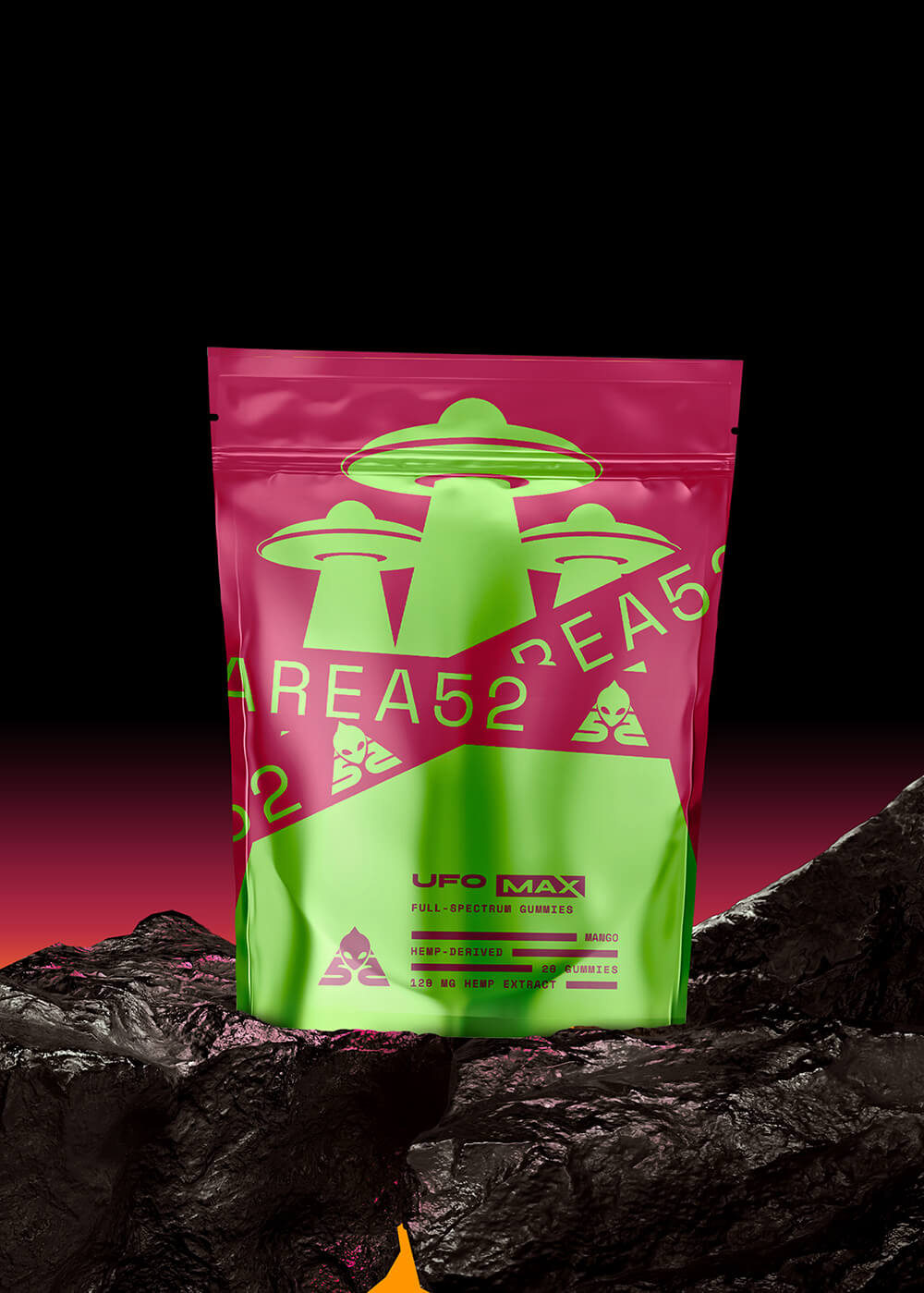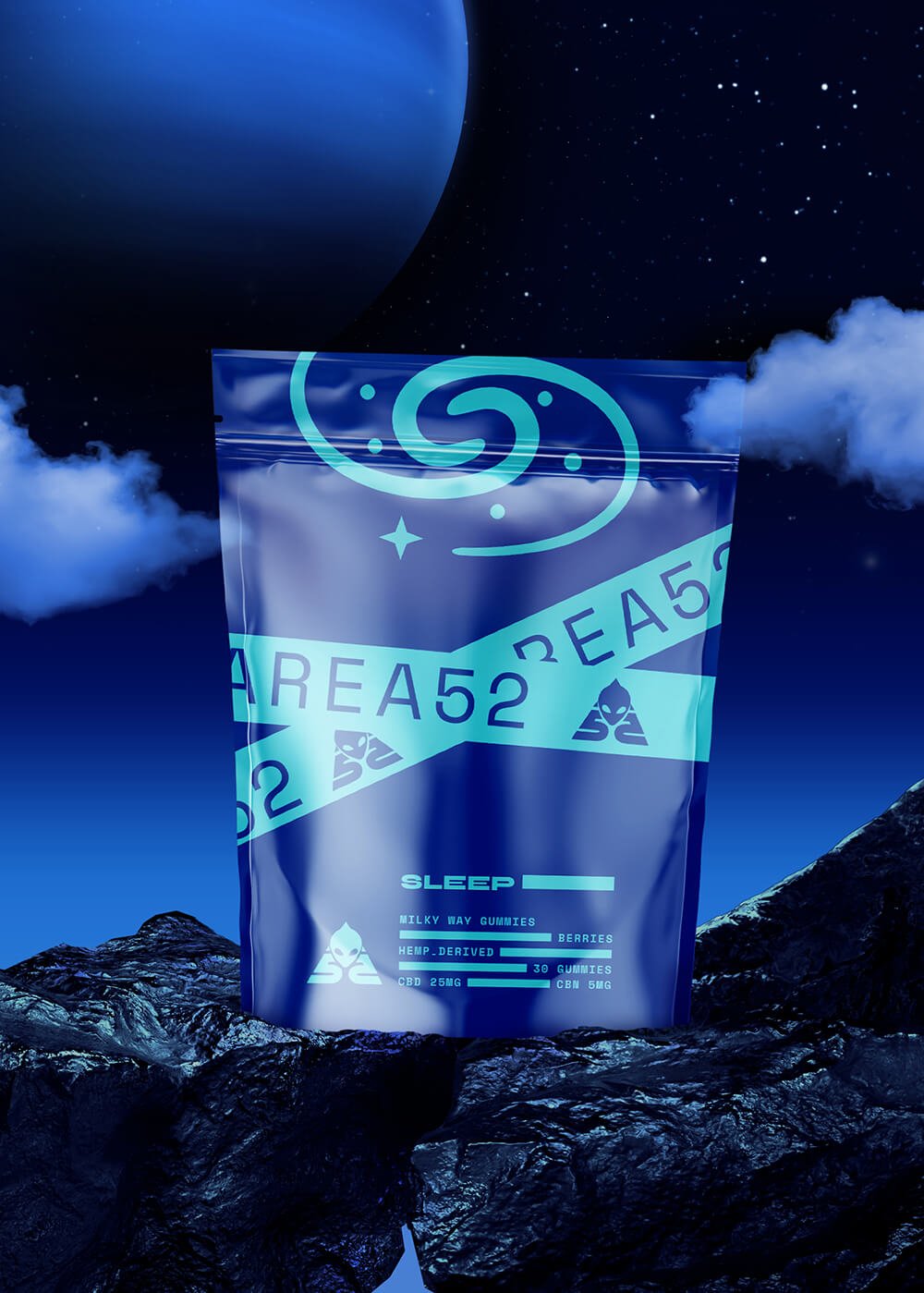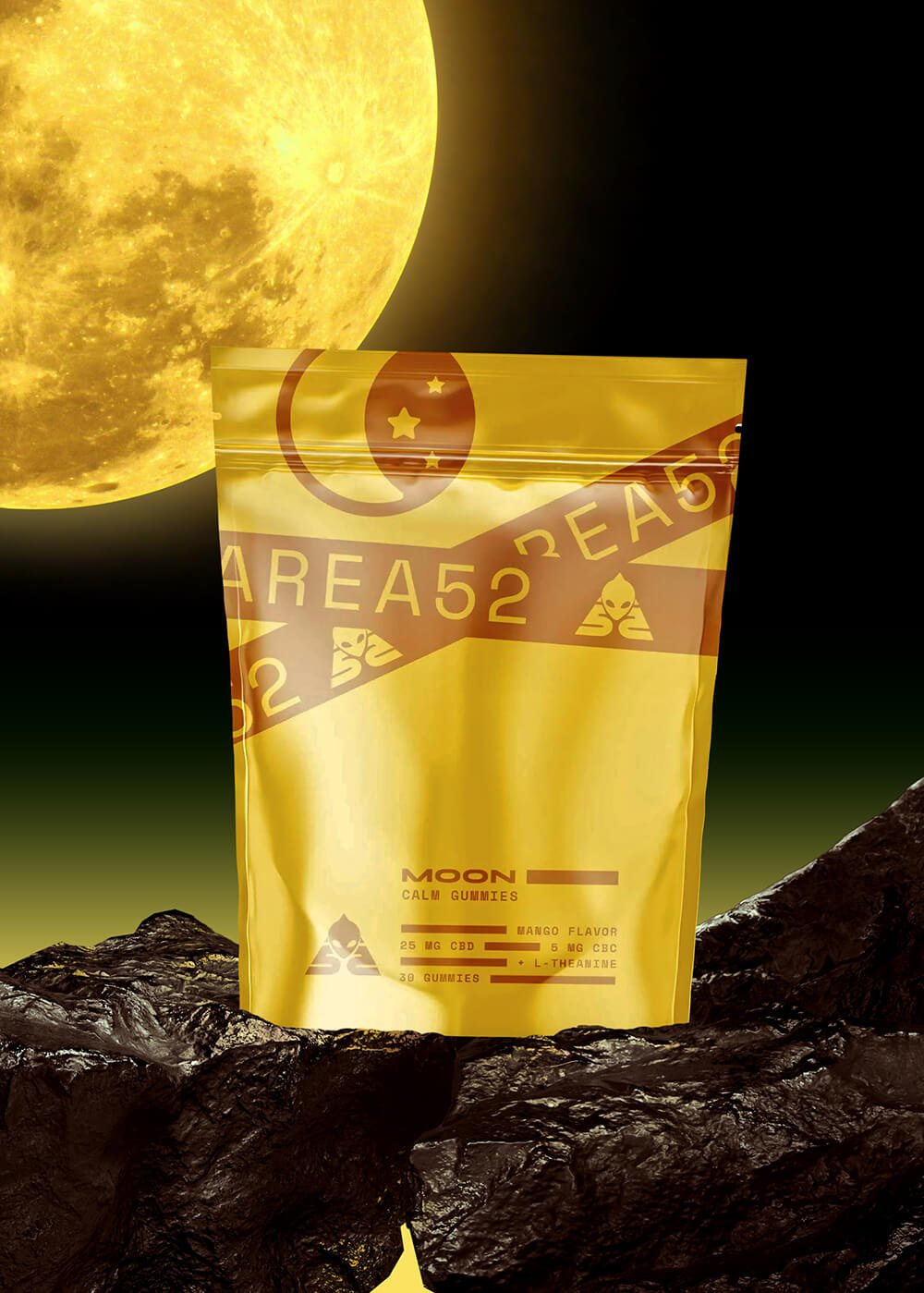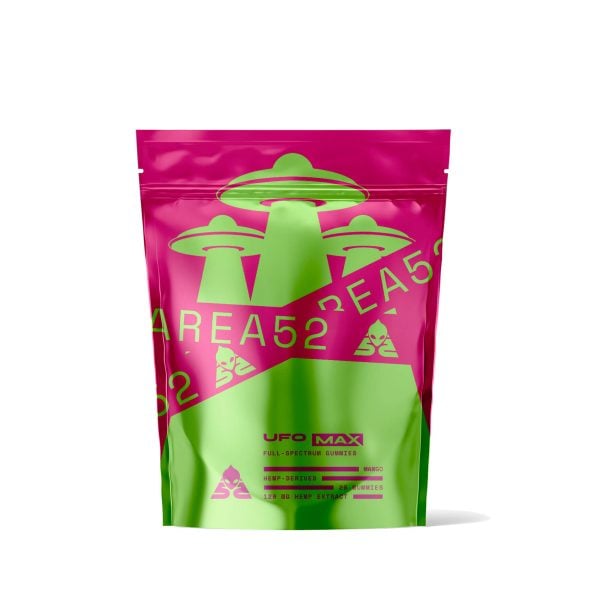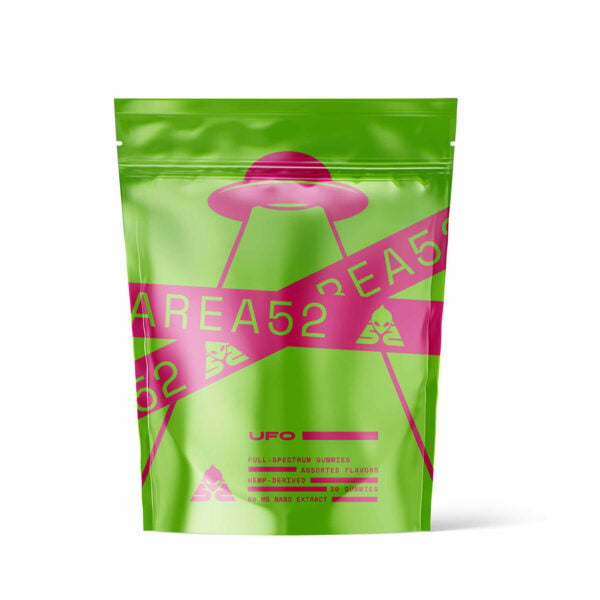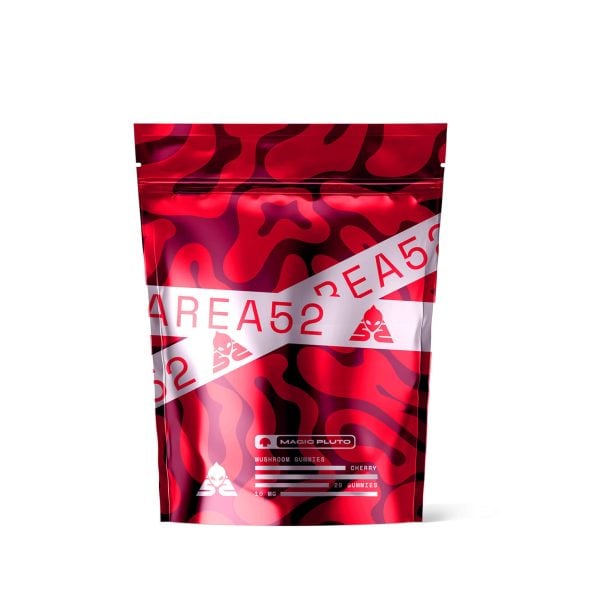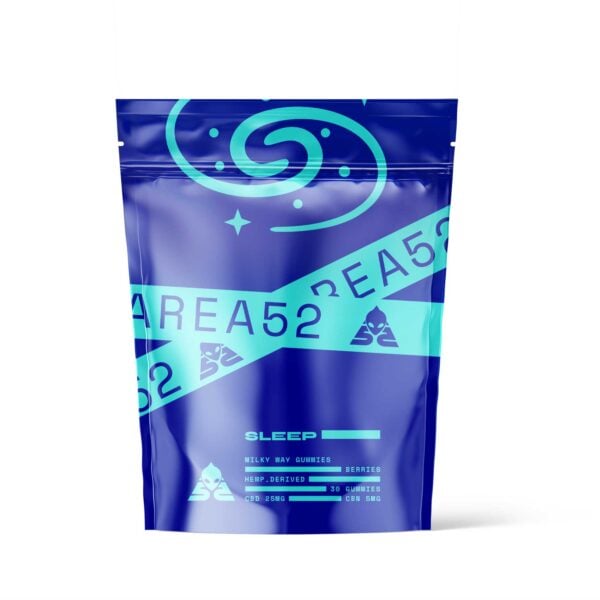Delta 8 THC in Massachusetts: Is It Legal & Where to Buy in 2025?

No, delta 8 THC is illegal in Massachusetts. For a while, intoxicating hemp products containing delta 8 were sold in the state after the 2018 Farm Bill was signed into law. However, after careful consideration, the Massachusetts Department of Agricultural Resources determined that delta 8 THC remains a controlled substance, regardless of its source.
Is Delta 8 Legal in Massachusetts?
As of right now, delta 8 THC is illegal in Massachusetts.
The state law initially aligned with federal regulations and the 2018 Farm Bill, which proclaims industrial hemp plant and all hemp derived cannabinoids and isomers federally legal. This means that, unlike products sourced from marijuana plants, hemp derived products can be transported across state lines.
However, for it to be legal, hemp farmers should ensure they’re growing hemp with no more than 0.3% THC on a dry weight basis. Manufacturers in the hemp industry should also ensure compliance with state and federal regulations, that the THC content of their products doesn’t exceed the legal limit.
While the 2018 Farm Bill boosted hemp production across the country, it also created a loophole that allowed the sale of legal hemp products with intoxicating effects. Products containing hemp sourced THC isomers like delta 8 and delta 10 gained significant attention, especially in non-legal states. These became widely available not only in local smoke shops and vape shops but online as well. You’ll even find delta 8 in gas stations, convenience stores, and liquor stores, raising public health and consumer safety concerns, especially since many of these stores sell untested and unregulated products.
While many states remained aligned with federal laws in regulating hemp, states like Massachusetts either banned or placed certain restrictions on delta 8 THC.
For a while, Massachusetts law allowed the sale of hemp products with psychoactive properties. However, in December 2022, the state Department of Agriculture Resources clarified the status of delta 8 products.
The state acknowledges that delta 8 is a naturally occurring cannabinoid found in the cannabis sativa plant, which includes both hemp and marijuana. However, cannabis plants produce only trace amounts of delta 8. The delta 8 we see on the market, although typically derived from hemp, is manufactured synthetically from raw hemp CBD.
The 2018 Farm Bill may have legalized hemp and removed hemp from the Controlled Substances Act, but it didn’t change the control status of THC and other synthetically derived cannabinoids, which state regulations interpret delta 8 to be. The state also considers other cannabinoids synthesized from hemp CBD as synthetic and are, therefore, prohibited.
As of this writing, Massachusetts prohibits the sale and use of delta 8 THC and other forms of synthetically manufactured cannabinoids, regardless of its source.
The same goes for delta 10 THC, which the law treats no differently.
Do I Need a Medical Card in Massachusetts to Order Delta 8 THC?
Delta 8 is banned in Massachusetts. But if you reside in a state where it is allowed, then know that you don’t need a medical card to order delta 8 THC products.
Of note, Massachusetts legalized marijuana for both medical and recreational use. Registered medical marijuana patients and residents of adult age have access to legal and regulated cannabis products from licensed cannabis retailers.
Delta 8 Vapes & the PACT Act
The PACT (Prevent All Cigarettes Trafficking) Act was mainly designed to end untaxed cigarettes running amok on the Internet. However, it evolved into the Preventing Online Sales of E-Cigarettes to Children Act, which shifted its focus toward preventing minors from purchasing vaping products.
This is all to say that vendors of vape products, including delta 8 THC vapes, absolutely must verify the age of their customers. So, a delta 8 THC online site without a verification form is a major red flag and most likely a sign of an overall lack of professionalism and who-knows-what other unethical practices under the surface.
What’s the Difference Between Delta 8 THC & Delta 9 THC?
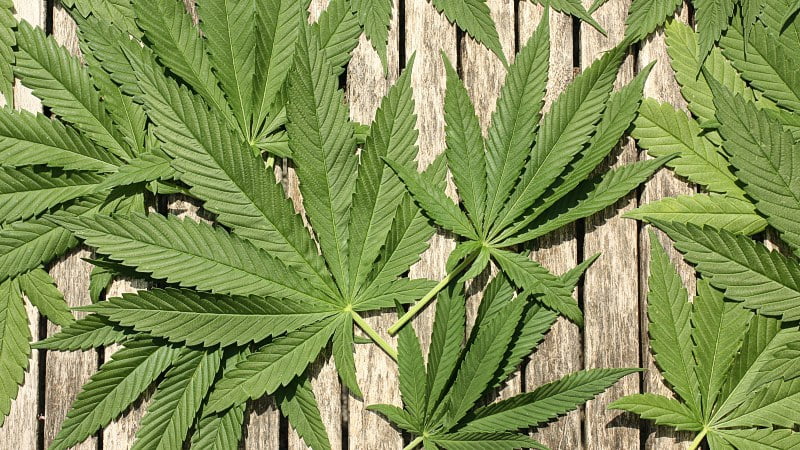
Delta 8 THC and delta 9 THC are isomers, which means they have the same chemical formula, but a different chemical structure. The difference in their molecular structure influenced their effects, with delta 8 having milder psychoactive effects compared to delta 9.
The numeric difference in the titles refers to the position of a characteristic chemical double bond. It’s located on the eighth and ninth carbon chains, respectively. These seemingly theoretical and subtle differences have manifested into two major practical implications.
The first one is the legal status of delta 8 THC, which we covered above.
The second one is in the actual effects, which differ on two levels — potency and nature.
According to anecdotal evidence, the strength of delta 8 THC is between half and two-thirds of THC’s, offering consumers a milder psychoactive experience compared to delta 9, which is the primary psychoactive compound. But even if you were to, say, double the amount of delta 8 THC consumed, you still wouldn’t get the effects of THC — and for many, that’s actually a good thing. Delta 8 THC is a unique alternative rather than a poor man’s THC.
Delta 8 THC is gentler by nature. The high is calmer and cleaner, leaving you more functional, clear-headed, and largely out of THC’s infamous side effects’ reach. This makes delta 8 THC a very versatile and non-intrusive alternative.
How to Use Delta 8 THC
In terms of use, delta 8 THC products are no different than any other cannabis extracts. They come in vape cartridges, oils, tinctures, gummies, capsules, distillates, and more. However, the best ways to take delta 8 products should be based on your preferences for flavor, potency, duration of effects, and more.
There’s no reason to remember every single delta 8 THC product since they can be virtually infinite. Rather, it’s important to understand the categories these products fall into, as they come with different pros and cons.
Edibles (Gummies, Candies, Food)
Edible products are metabolized in the gut and liver. There, they go through first-pass metabolism, which takes a big cut out of their contents, like an entrance fee. As a result, edibles have a low bioavailability. On top of that, their route is longer and therefore takes longer for the effects to kick in.
Pros:
- User-friendly
- Discrete
- Accurate dosing
- Portable
- Effects last a long time
Cons:
- Long onset
- Low bioavailability
- Diet restrictions can make it hard to find products
Sublingual (Tinctures, Sprays, Oils)
Products administered under the tongue are sublingual consumption. The oral mucosa is replete in capillaries, which absorb molecules and suck them directly into the bloodstream. You have to keep the oil drops under the tongue for 60 to 90 seconds before swallowing; otherwise, you’re basically turning them into edibles.
In a way, this sublingual area is a shortcut, which provides two major benefits: a shorter time of onset and a higher bioavailability, as the first-pass metabolism in the gut and liver is bypassed.
The only drawback is that uniform accuracy might be a little hard to achieve since it’s harder to tell exactly how much you’re taking, even with a measured dropper. Nevertheless, that’s a negligible price to pay.
Pros:
- Easy to use
- Portable
- Faster than edibles
Cons:
- Taste
- Dosing can be tricky
- Effects are not instant
Inhalation (Vaping, Dabbing, Smoking)
Inhalation also provides a pretty direct route to the bloodstream via the lungs and gives a short onset of delta 8’s effects. Moreover, the lungs are large in surface area and highly permeable, which makes for high bioavailability. In other words, inhalation ticks the two most important boxes.
However, the problem with this method is that it’s not discreet, many people dislike smoking since it can cause health problems, and the effects don’t last as long. Still, for those needing immediate relief, inhalation is the best way to go.
Pros:
- Almost immediate effects
- It’s easy to tell if you need more or not
Cons:
- Not discreet
- Smoking can cause health problems
- Effects don’t last long
- Dosing is difficult
Where to Buy Delta 8 THC: Online
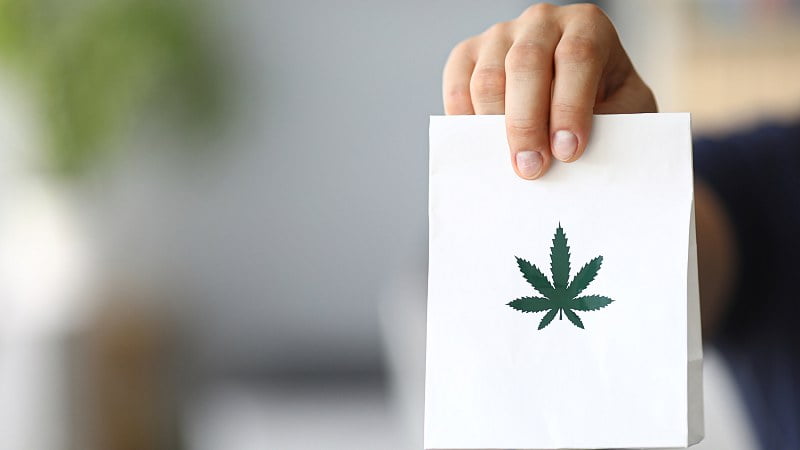
As mentioned above, you can buy delta 8 THC in person from a brick-and-mortar dispensary or online. And contrary to what you may think, online is actually the more hands-on approach that such a complex product requires.
Moreover, as a business model, online delta 8 THC purchases have several advantages over physical stores — some delta 8 THC-specific, others universal.
Online Shopping it Easier
The reason why shopping for delta 8 THC online, from the comfort of your couch, is perhaps more hands-on is precisely that: comfort.
As a branch of the notoriously underregulated hemp and CBD sectors, the delta 8 THC niche is full of phony or simply incompetent players. Legitimate companies voluntarily submit their products to third-party tests to separate themselves from the pack. This ensures quality and safety.
The optimal circumstances for examining a company is in your home on your own time. You can read reviews, look over lab tests, and carefully weigh different products’ pros and cons based on the unique scale of your individual needs. Knowing you’re buying high-quality products that suit your needs is the ultimate comfort.
Online Offers Better Product Selection
Moreover, online delta 8 THC purchases give you direct access to manufacturers. So what, you might ask?
Manufacturers have a wider selection of fresher products, as they can scale production dynamically. Physical stores pre-stock their shelves and are limited by the confines of the location. And at the end of the day, delta 8 THC is federally legal — might as well take advantage of it and choose from the best vendors throughout the country.
Buying Online is Cheaper
Last but certainly not least, online purchases of delta 8 THC, or pretty much any product for that matter, are cheaper. This is because the vendors cut all kinds of operational costs, from electricity to staff salaries, equipment, rent, and more. And the lower their operating cost is, the lower the cost of their products will be.
What’s the Future of Delta 8 THC in Massachusetts?
The only certain thing about the delta 8 THC industry is that nothing is certain. Cannabis laws, regulations, and the whole legal landscape change constantly.
Delta 8 THC, in particular, has found itself in a legal gray area since the introduction of the 2020 Interim Final Rule, an amendment of the 2018 Farm Bill. It deemed that all synthetic tetrahydrocannabinols are still Schedule I controlled substances, or in other words, federally illegal.
This new law hasn’t halted delta 8 THC’s momentum one bit. After all, Massachusetts didn’t initially deem the compound legal but changed its stance post factum. More and more states are moving toward legalization. This means more competition, which brings higher quality.
Regardless, stick with trustworthy vendors when shopping for delta 8.
FAQs on Delta 8 and Other Cannabinoids in Massachusetts
Below is a short list of commonly asked questions about delta 8 and other cannabinoids in Massachusetts.
1. Is THC Legal in Massachusetts?
Hemp and marijuana-derived delta 9 THC are legal in Massachusetts, the state having legalized cannabis for medical and recreational use. However, synthetically manufactured THC isomers like delta 8 and delta 10 are prohibited in the state, regardless of their sources.
2. Is Delta 9 Legal in Massachusetts?
Delta 9 THC is legal in Massachusetts, may it be sourced from hemp or marijuana. Delta 9 laws vary per state, so always check your local laws to stay informed.
3. Why is Delta 8 Illegal in Massachusetts?
Massachusetts considers delta 8 THC as synthetically manufactured and is, therefore, illegal, despite the cannabinoid occurring naturally in cannabis plants.
4. Is THCA Legal in Massachusetts?
THCA is legal in Massachusetts. Medical and recreational marijuana are legal in the state, and these contain not just delta 9 THC but THCA as well. THCA is the direct precursor acid of THC. In its raw form, THCA is non-psychoactive. But when it is heated, it converts into THC, the primary psychoactive cannabinoid.
5. Is CBD illegal in Massachusetts?
No, CBD isn’t illegal in Massachusetts. Hemp CBD is legal in the state, so is marijuana-derived CBD.
